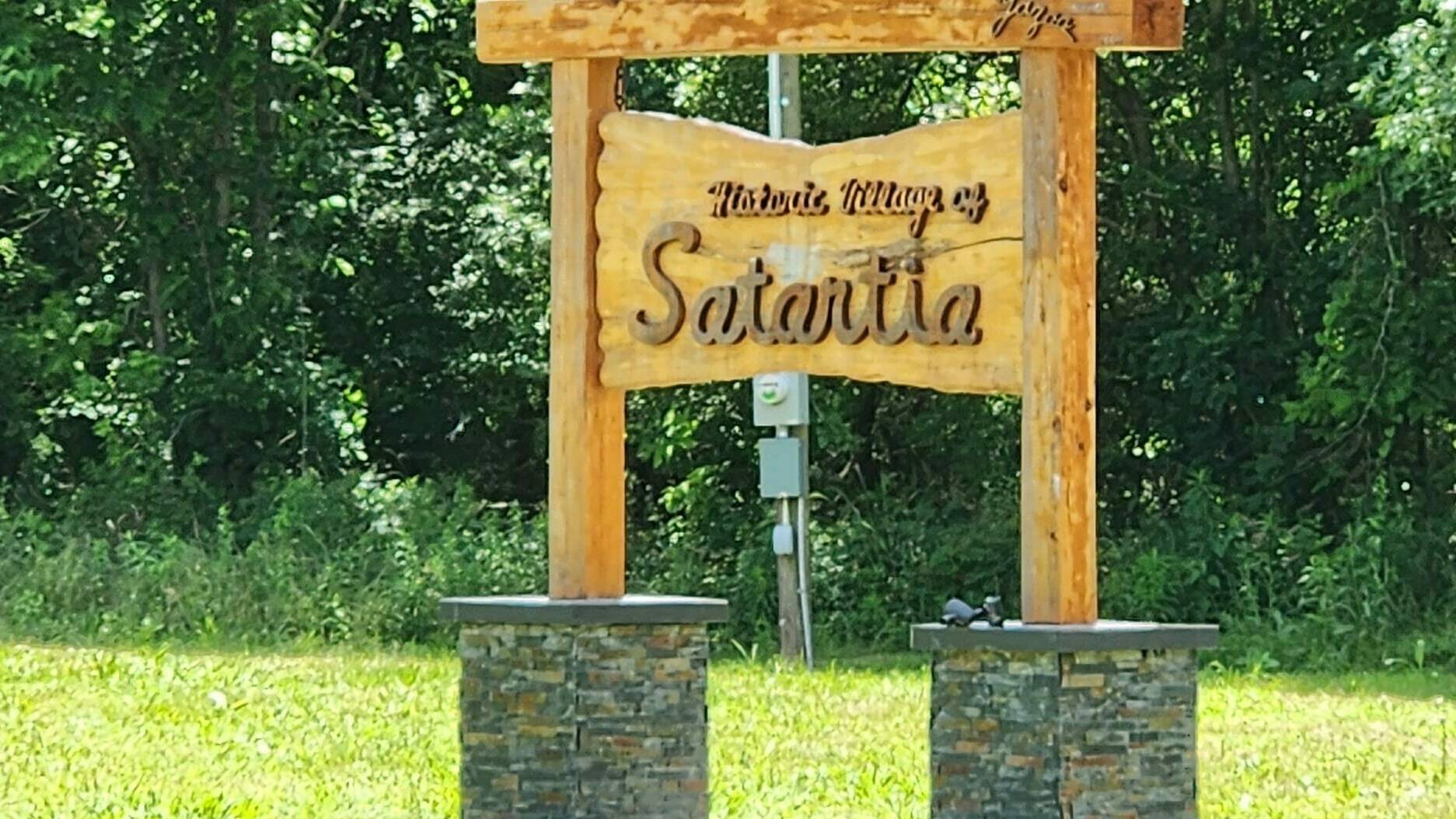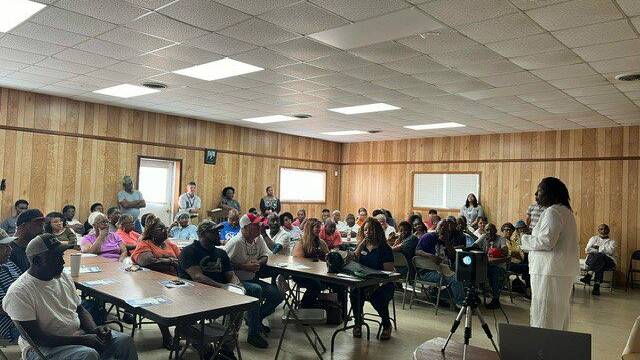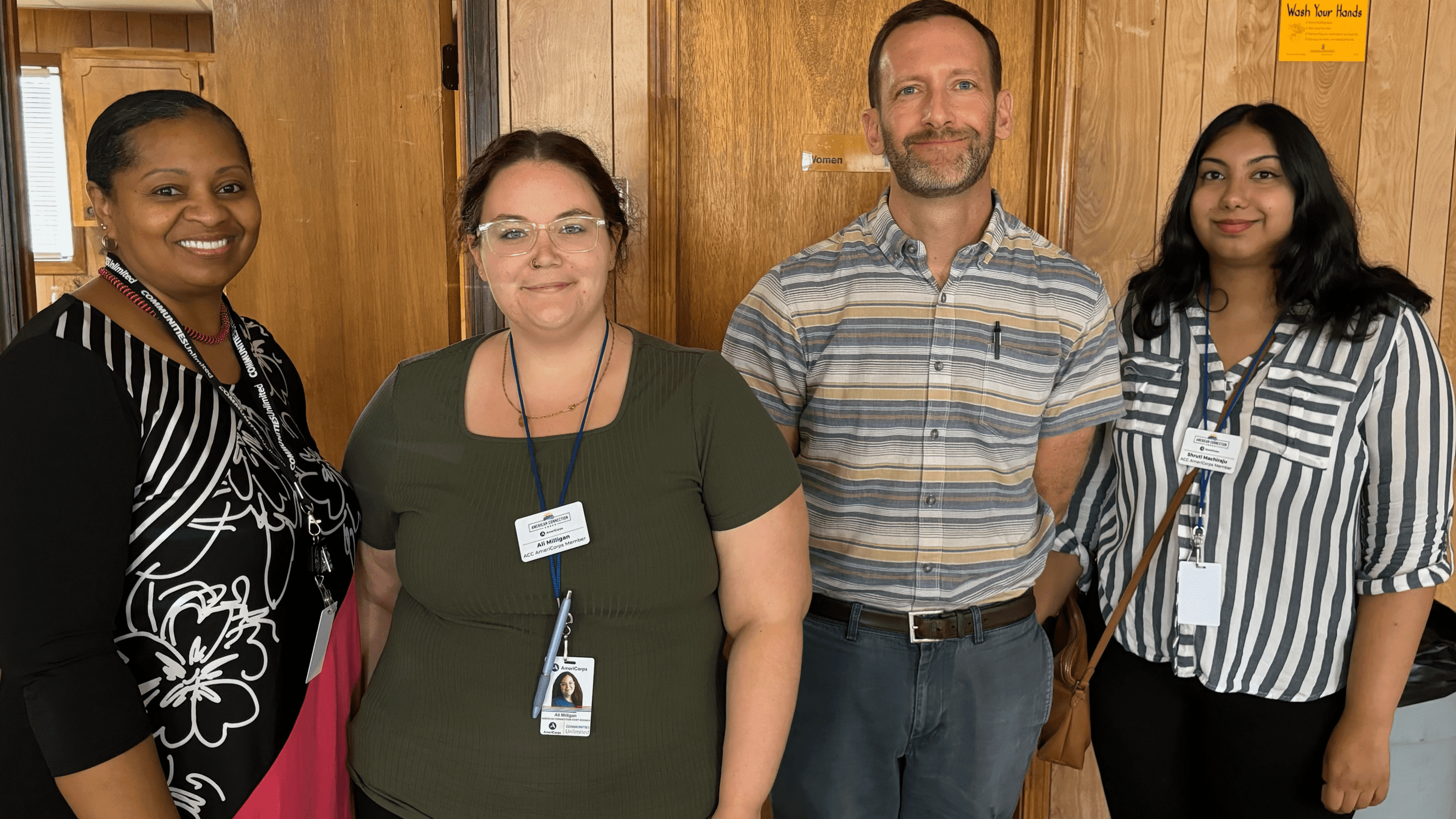Communities Unlimited (CU) is on a mission to bridge the digital divide in rural Mississippi by bringing broadband access to underserved areas where reliable internet has been a long-standing challenge.
The COVID-19 pandemic highlighted the critical need for high-speed internet as millions of Americans transitioned to remote work, online schooling, and telehealth. However, many rural and tribal communities struggled due to low population density and difficult geographic landscapes, leaving them unconnected.
Recognizing the potential of broadband, CU is working closely with six rural communities in Mississippi — D’Lo, Mendenhall, Ethel, Gore Springs, Sartartia, and Bentonia — through the USDA Broadband Technical Assistance program. Faster and more reliable internet enables residents to access better education, expand their businesses, explore new job opportunities, and stay connected with loved ones.
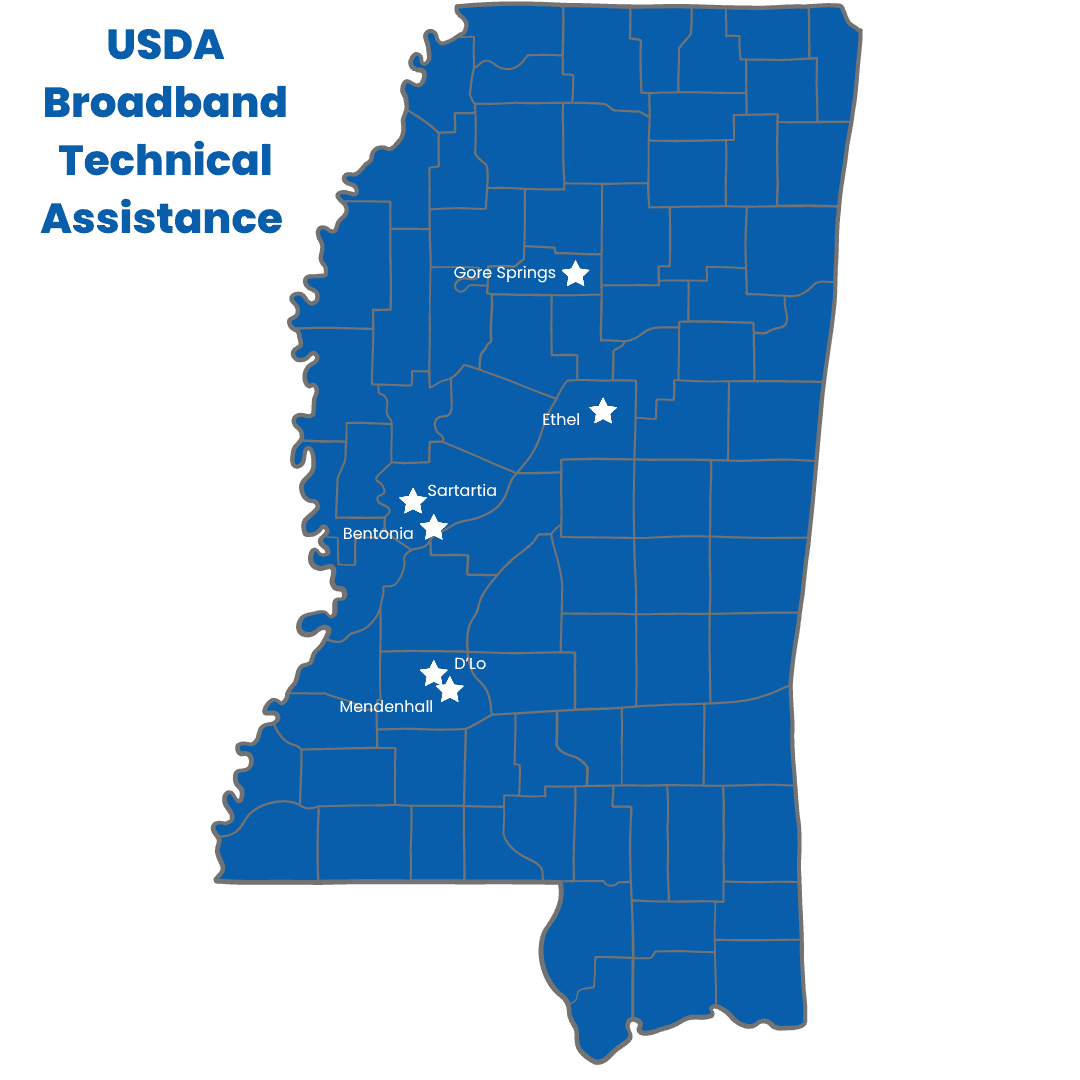
CU’s efforts extend beyond infrastructure; they are also addressing the need for digital literacy in these communities. CU offers digital planning assistance to communities, identifying challenges to connectivity in communities, and offering recommendations and best practices to address them. These Digital Opportunity plans are written for each community and help stakeholders identify resources to build digital literacy programs.
Looking ahead, CU is working to expand its broadband footprint focused on providing technical assistance to additional communities in Mississippi, particularly in the Mississippi Delta. CU will work with these communities to ensure broadband deployment by assisting with community engagement, data collection, broadband planning, and facilitating relationships with internet service providers.
Even though only about 5% of the U.S. lacks internet access, that still represents millions of Americans, particularly in areas like the Mississippi Delta, where economic challenges are significant, and many communities remain unserved. The Delta’s low population density has made it difficult for internet providers to reach these areas. However, CU’s focus on these regions, combined with substantial state and federal investment, provides hope that broadband is coming — it’s just a matter of when.
CU Broadband Technical Assistance Provider, Jacque Carter Houston, recently gave a presentation at Coahoma Community College as part of the Coahoma Connect and Literacy Fund pilot program in Clarksdale, Mississippi.
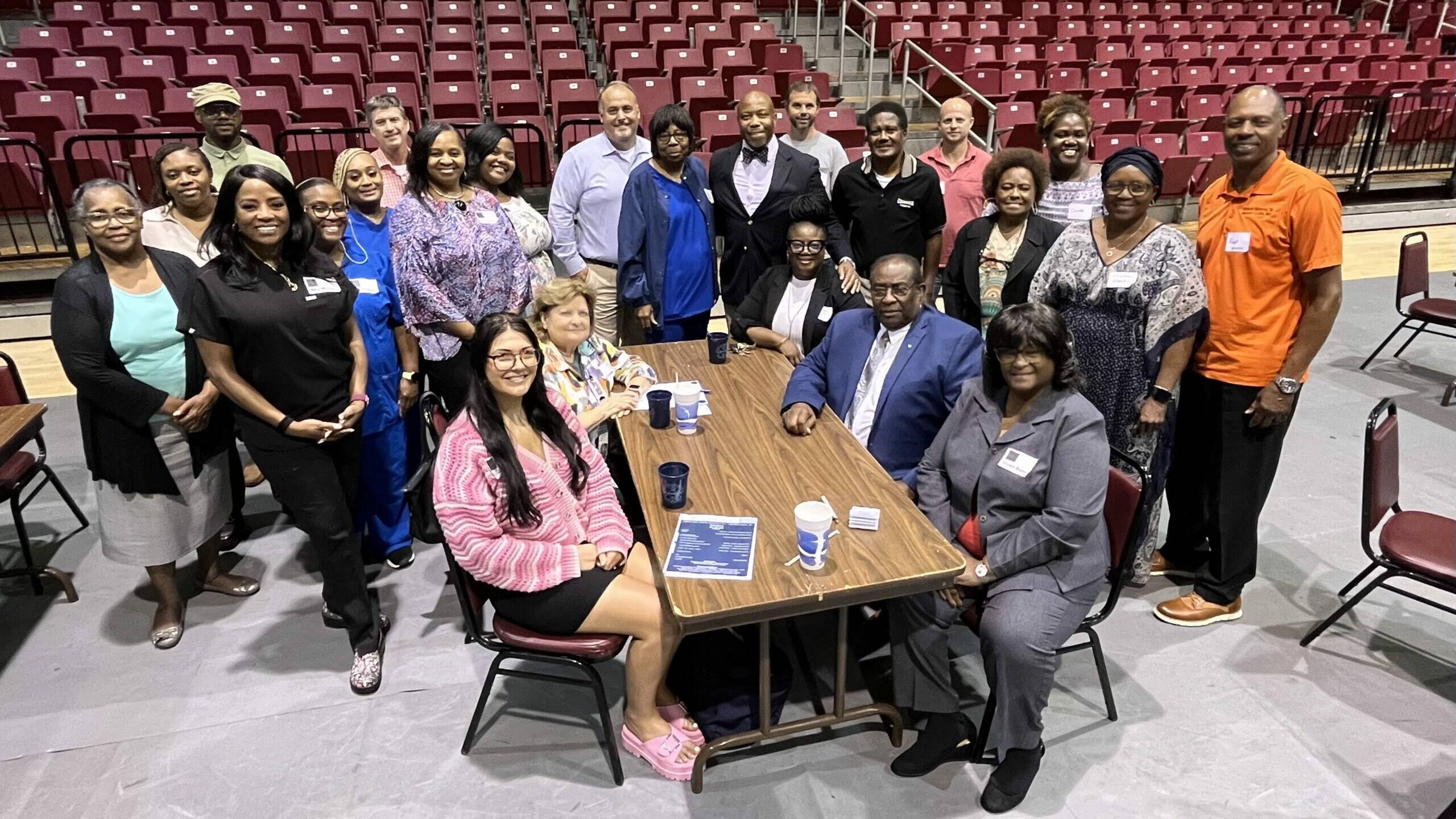
The course is open to qualifying Coahoma County residents with lunch provided and a certificate upon completion. Participants who complete the program receive a used laptop and lifetime technical support.
Jacque’s presentation focused on demystifying broadband — explaining what it is, why it matters, and how it can transform lives. By breaking down barriers of understanding, CU is helping communities see that broadband is not just a technical upgrade but a gateway to a better quality of life.
"Having grown up in a small town in Northeast Mississippi, I know firsthand the frustration of living without broadband. Even today, staying connected is a challenge.”
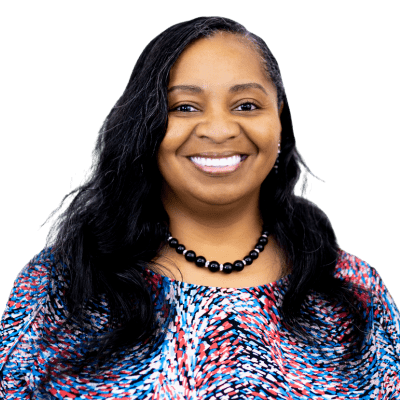
— Jacque Carter Houston, CU Broadband Technical Assistance Provider
During a recent family reunion, Jacque mentioned that people wanted to send pictures via email, but they couldn’t because there was no cell phone service at her parent’s home or even at their house in North Mississippi. She described it as feeling isolated, especially in 2024, when reliable broadband should be available to everyone.
“Broadband access is urgently needed in rural areas like these,” Houston said. “My parents’ home only got broadband in June 2023, and many of the communities we’re working with still face limited or slow internet service. That’s why they’re part of the broadband challenge — they need faster, more reliable connections. In rural areas, where transportation can be a barrier, broadband is so important.”


